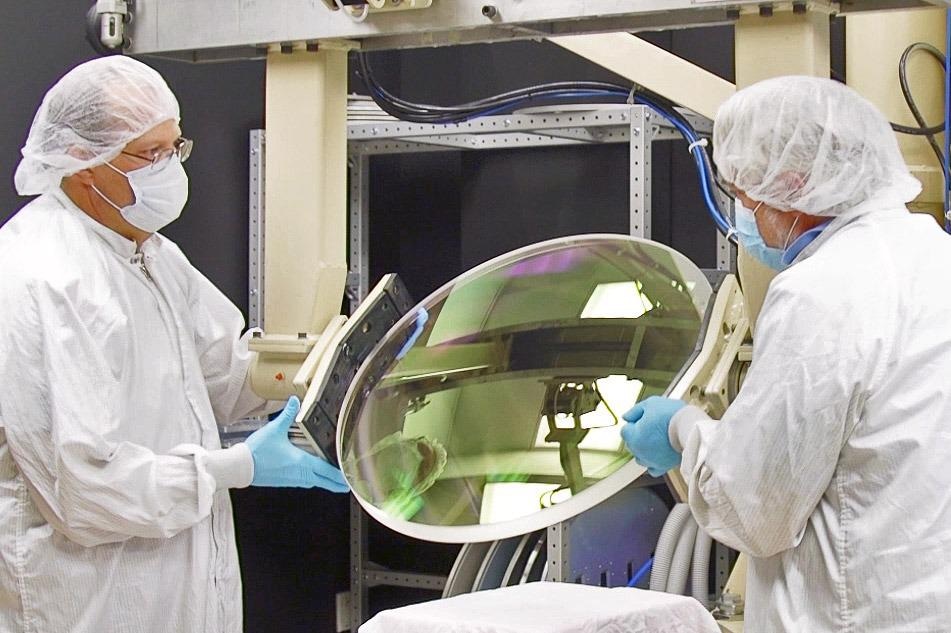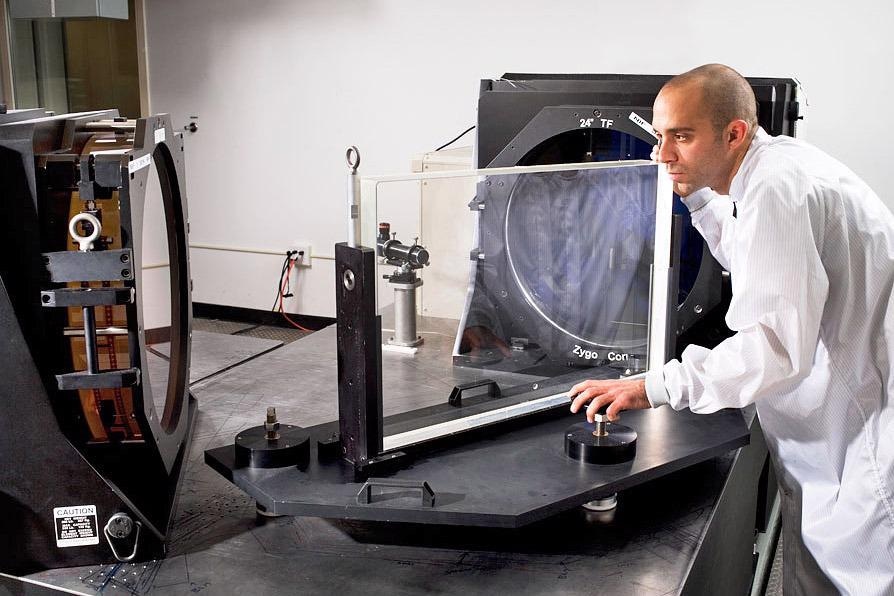As mission requirements have become much more rigorous, intelligence, surveillance and reconnaissance (ISR) sensor technologies have evolved in tandem. As these technologies have been developed, so too have the consumer demands for high levels of performance and reliability in high-precision windows.
Careful engineering is required to tackle the task of custom windows used in mission-critical applications, in order to guarantee optimal performance in a range of operating conditions. Naturally, this necessitates in-house expertise in both manufacturing and design processes.
What sort of criteria are important for you to evaluate before working with a supplier?
Material Knowledge
Material selections should be made on basis of project requirements along with other aspects like schedule, price and availability. A supplier should come to your project with an open mind about your material selection and make objective recommendations without taking personal preference into account.

Image Credit: Zygo Corporation
Let us consider material selection:
Material selection – and material thickness – is directly influenced by transmission characteristics and the mechanical strength of your ISR optic, among other things. It is critical to understand the trade-offs when assessing material, in addition to balancing the requirements for robustness against optical performance is important.
An in-depth knowledge of the manufacturing limits of alternative material suppliers and different fabrication technologies is equally critical.
Design Experience
What else needs to be considered once the optimal material for the application has been selected? Does your chosen supplier have a 'build-to-print,' or the expertise to suggest a window design that will be suitable for your application?
The Transmitted Wavefront Error (TWE) is the most critical requirement for a window, which quantifies the deviation of a wavefront when it is transmitted through a window. The parallelism between optical surfaces is an assessment of the maximum tolerance away from 'perfectly parallel' that two surfaces can be.
It’s also essential to consider the ‘clear aperture’; otherwise known as the window geometry around its 'usable area.' The design of the clear aperture can have a significant impact on costs and lead times, as it defines the area of the optic surface over which the optical requirements are fulfilled.
This is evident in such situations as where the mounting for the window alters the clear aperture area with clear ramifications for both time and cost.
It is also essential to consider whether the window is parallel or wedged: in the latter instance, tolerance, angle and direction must be specified. In order to measure highly parallel windows, ZYGO uses a product called a multiple surface test (MST) interferometer.
This highly sensitive product requires just one click of a button to report key metrics from various individual surfaces; including transmitted wedge, wave front and even material homogeneity. These can be made ‘extremely parallel’ by ZYGO, to <1 arc second – and most cases are only limited by the variation in the refractive index of the raw material.
In-House Optical Coating Experience Matters
It’s additionally important that coating requirements are considered at the design stage. Of course, it’s essential to know whether the material choice supports your coating requirements. As ever, there are trade-offs which might be environmental aspects, spectral performance and durability requirements.
It is important to seek a supplier that is able to design coatings which are qualified to meet RTCA/DO-160D or military specifications.

Image Credit: Zygo Corporation
Optical Metrology Proficiency
Measurement is also essential in the production of ISR windows and any supplier must have extensive experience when it comes to creating bespoke metrology solutions for the verification of optical components.
ZYGO has the capability to measure TWE over large areas and is able to test assembled windows at different polarizations, use angle and in their mounting configurations.

Image Credit: Zygo Corporation
Choosing the right partner is key.
Customers can significantly lessen the risk of their program, by choosing the right partner. It is essential to select supplier which can offer market-leading experts in optical design, asphere, metrology, plano, optical assembly, spherical and freeform polishing, in addition to thin film coating will be able to maximize product quality and long-term reliability.

This information has been sourced, reviewed and adapted from materials provided by Zygo Corporation.
For more information on this source, please visit Zygo Corporation.